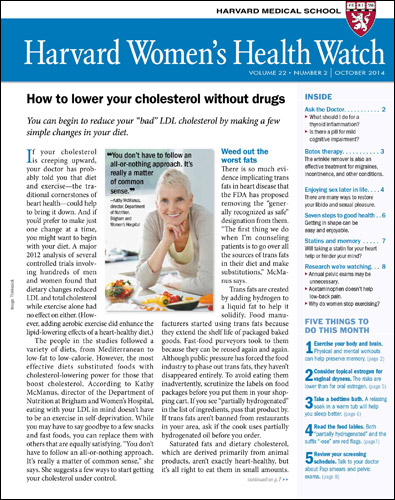Birth control right after having a baby: Why it’s important, why it should be covered

Follow me on Twitter @hricciot
The American Congress of Obstetricians and Gynecologists (ACOG) recently put out a new Committee Opinion, “Immediate Postpartum Long-Acting Reversible Contraception.” I counsel all my pregnant patients about the option of immediate postpartum birth control in the form of IUDs and implants, both of which are long-acting, reversible contraceptives (LARC). The contraceptive implant goes in your arm, and IUD is placed inside your uterus. Immediate postpartum contraception refers to placement of LARC in the period between delivery of a baby and the time a new mother leaves the hospital.
Many women are aware that IUDs and implants are highly effective, safe, and forgettable methods of birth control, including for adolescents. What is less well known is that they are also a convenient and effective option for immediate postpartum contraception. Placing them right after the birth of a baby in the hospital streamlines women’s access to contraception, reduces the hassles of appointments in the weeks and months following birth, and lowers the risk of unintended pregnancy and pregnancies that occur sooner than planned. ACOG has long supported efforts to promote education around, access to, and actual use of LARC. However, this is ACOG’s first clinical opinion specifically dedicated to immediate postpartum LARC.
Unfortunately, in Massachusetts, where I practice, hospitals take a financial loss whenever we provide immediate postpartum LARC, because insurance payments for the birth of a baby are bundled, which means we get one fee regardless of how many services are provided. The device and procedure are covered by most insurers, public and private, in an outpatient clinic, but are not reimbursed in addition to the global fee for delivery of a baby, if provided while the mom is in the hospital for delivery. We need to lead the way with payment reform for immediate postpartum birth control to change this.
While many women may plan to start using birth control at their six-week postpartum checkup, up to 40% of women do not attend a follow-up appointment, and so never obtain a reliable birth control method. But even for women who do go to the routine six-week postpartum follow-up visit, ovulation can occur as early as three weeks after birth and can result in pregnancy. The early days with a new baby are a busy, exhausting, and often stressful time. Having LARC inserted before leaving the hospital takes one thing off the list. There is no worry about scheduling an appointment or getting to the doctor’s office. The one downside is that IUDs placed right after birth are slightly more likely to be expelled compared to those placed at the six-week visit. Yet many women still find that the advantages of insertion before leaving the hospital outweigh the disadvantages.
Access to and effective use of contraception is the critical foundation for empowering women, improving health outcomes, and saving money. Advocating for expansion of immediate postpartum contraception is essential to reduce unintended pregnancy and rapid, repeat pregnancy rates. Several states have changed their insurance reimbursement policies, but Massachusetts is not one of them. Massachusetts is the state that led the way in health care reform, and we need to join other states that are already taking the lead in further improving reproductive health care by adding insurance coverage for immediate postpartum contraception.
About the Author

Hope Ricciotti, MD, Editor at Large, Harvard Women's Health Watch
Disclaimer:
As a service to our readers, Harvard Health Publishing provides access to our library of archived content. Please note the date of last review or update on all articles.
No content on this site, regardless of date, should ever be used as a substitute for direct medical advice from your doctor or other qualified clinician.
















